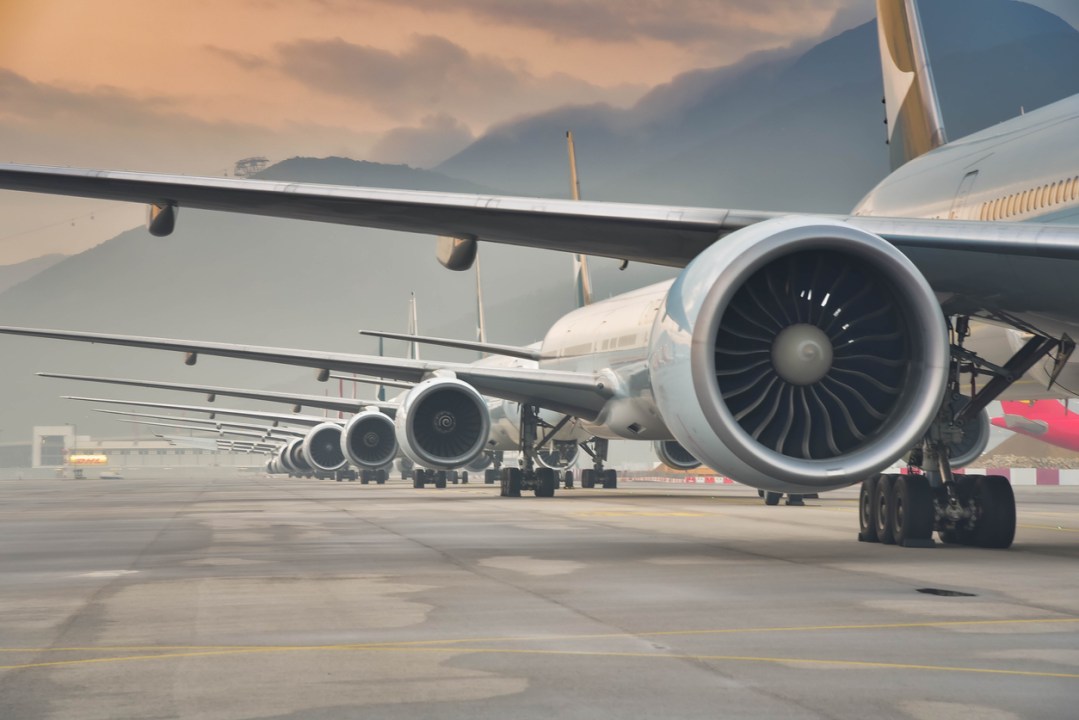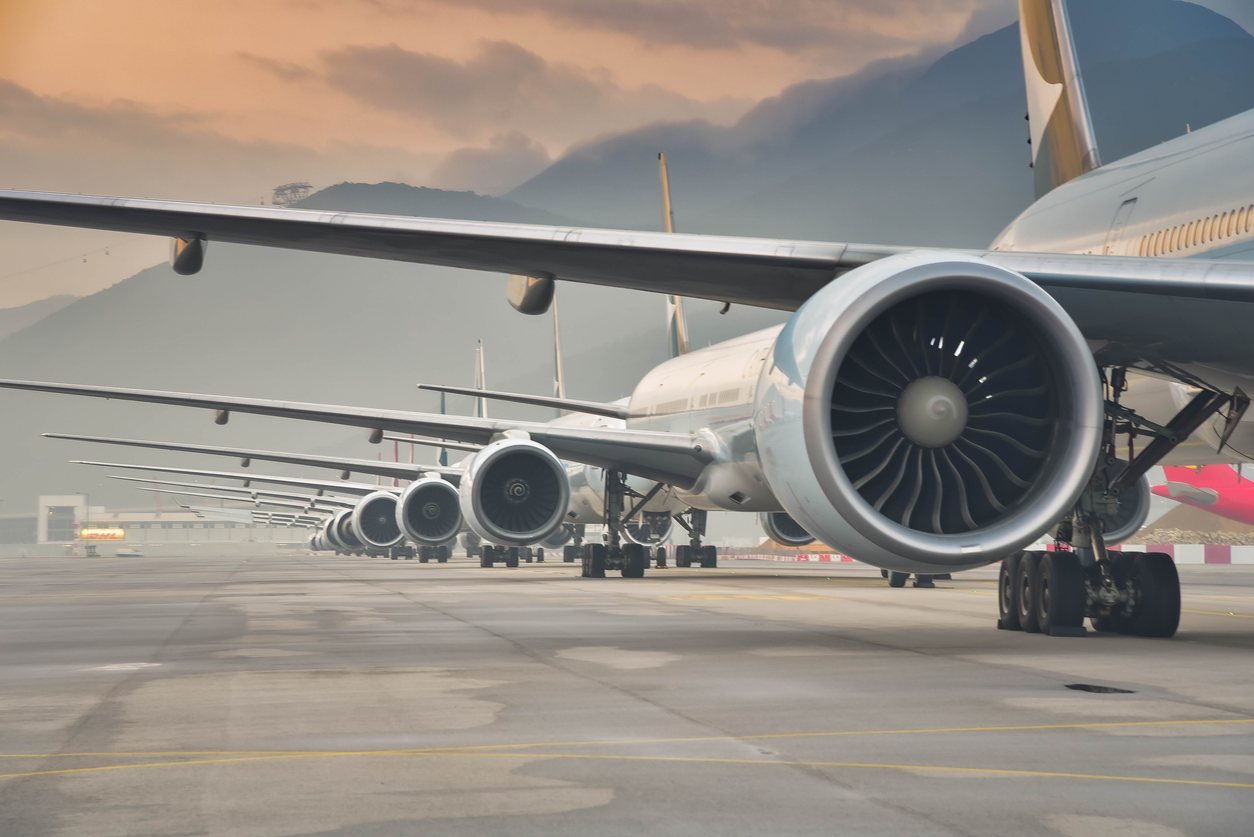Are we going to have to give up flying to save the planet? Many climate campaigners have been saying so for years, but now Sustainable Aviation – a trade body which represents the UK aviation industry – seems to agree, at least in the case of less well-off passengers.
It is rather significant that the UK aviation industry seems to have nodded along with the idea that some passengers are going to be priced out of the air
Today, it has published a ‘road map’ showing how the industry intends to decarbonise, in order to reach net zero carbon emissions by 2050 – in line with the government’s self-imposed, legally-binding target. It proposes that 14 per cent of emissions cuts will come from ‘demand reduction’ – i.e. potential passengers being put off flying by a rise in the price of airline tickets.
A further 39 per cent will come from a switch to ‘sustainable aviation fuels’ – by which it means synthetic fuels manufactured from hydrogen and carbon dioxide, the whole process using only carbon-free electricity. Another 16 per cent will come from the use of hydrogen and electric-powered aircraft for some shorter and lower-speed journeys, 14 per cent from more efficient engines, 4 per cent from more efficient flightpaths and 13 per cent from ‘carbon removals’ (which means using carbon capture and storage to mop up the remaining emissions).
It is a lot more optimistic than the conclusion of a report in 2019 by UK FIRES, a consortium of academics which is government-funded through the Engineering and Physical Sciences Research Council. The report, which looked into how the aviation industry might be decarbonised by 2050, among other things, concluded: ‘There are no options for zero emissions flight in the time available for action, so the industry faces a rapid contraction.’ It went on to say that it was possible that a limited aviation industry using electric power might be allowed to exist after 2050 but otherwise it would be curtains for our chances of travelling by air.
Nevertheless, it is rather significant that the UK aviation industry seems to have nodded along with the idea that some passengers are going to be priced out of the air in order for Britain to reach its net zero target. There is, after all, little sign of contraction in the airline industry over much of the world. China, for example, is still planning to expand its network of airports from 241 (at the end of 2020) to 450 by 2035. While Sustainable Aviation’s plans don’t necessarily imply an absolute contraction in the UK aviation industry – it forecasts a decline in passengers relative to the numbers who would take to the air in the absence of a decarbonisation plan – it does seem to admit to something that the government has so far been loathe to acknowledge: that net zero means higher costs which for some people will be prohibitive. There was no mention of people having to fly less in the government’s Jet Zero strategy published last summer – rather it promised us that ‘passengers can look forward to guilt-free flying’.
Moreover, it has to be said that Sustainable Aviation’s plans depend on technologies which have yet to be scaled-up on a commercial basis: such as synthetic fuels, hydrogen and electric planes. There is no guarantee that attempts to do so will succeed. If they disappoint, then it may mean a far steeper rise in the price of flying – and a far steeper decline in the numbers of people able to afford do so.
I don’t know if the authors of the Sustainable Aviation report had a sense of irony when calling it a ‘road map’, but in practice that is what it will almost certainly mean: long coach journeys for people who, at present, are able to enjoy holidays by budget airline.
Not Zero: How an Irrational Target Will Impoverish You, Help China (and Won’t Even Save the Planet) by Ross Clark is published by Forum Press








Comments